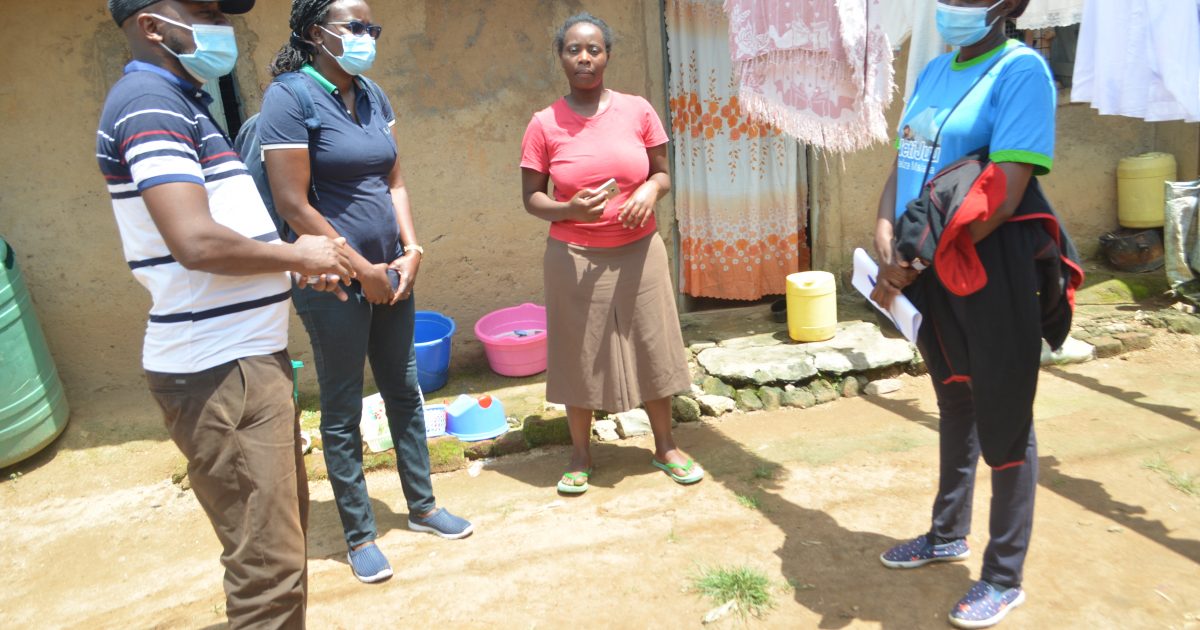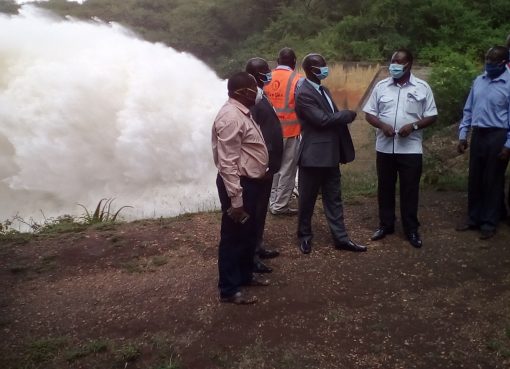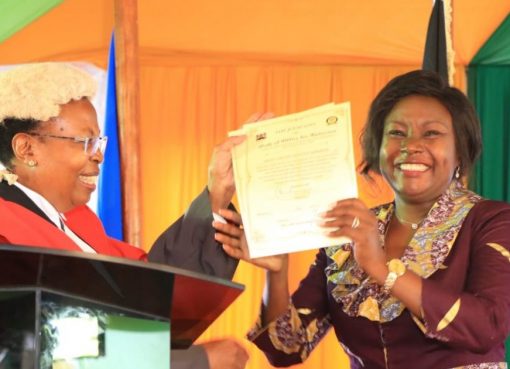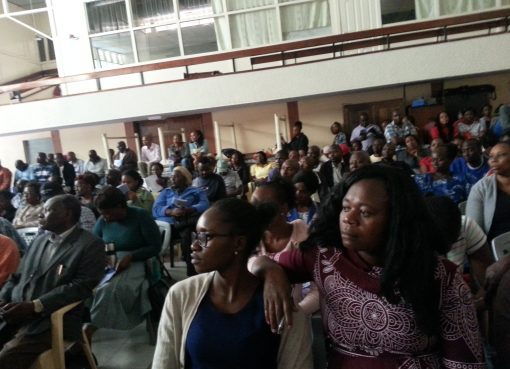The Ministry of Health in conjunction with the World Health Organization (WHO) have rolled out a mass sensitization and testing programme in four counties in Western Kenya to help curb parasitic worms and bilharzia diseases in the region.
The programme seeks to determine the extent of infection of bilharzia and intestinal worms, in order to offer treatment and eradicate the disease in both children and adults

It involves collection of samples (urine and stool) for testing from house to house and then training of the community on how to control the spread of the parasitic worms, such as roundworms, tapeworms and hookworms, which cause diseases in both children and adults.
According to Dr. Sultan Matendechero, Head of National Public Health Institute, spearheading the program, they are now focusing on curbing neglected tropical diseases, such as Bilharzia, intestinal worms, trachoma and other diseases.
“We have developed a breaking transition strategy that will help curb the disease, the strategy targets everyone in the community, not only the school going children,” he said.
According to WHO, in the event the testing results shows more than 10 per cent of the population have the disease, then everyone in that community will be given drugs but if it is less than 10 per cent, then the drug will be administered only to those with symptoms.
Worms are caused by consuming infected water and food, inappropriate hygiene, eating under-cooked meat and contact with germ infected surfaces.
The Doctor noted that if the parasitic worm disease, not treated, it leads to stunted growth in children, anemia, malnutrition, poor school performance and it might even kill.
“It can as well cause difficulties during childbirth, if it infests a pregnant woman,” he added.
“A wealthy nation is a healthy nation but this disease can lead to poverty in the affected community if it is not controlled” he added.
Dr. Matendechero urged Kenyans to use clean water for drinking and washing, use toilets properly, while food should be properly cooked before consumption, washing hands frequently and fruits properly before eating to avoid this diseases” he advised.
The Doctor said that he will coordinate with the wash sector (water sanitation and hygiene) to ensure they provide safe drinking water and clean environment so as to eradicate this diseases.
The medic said after the testing, drugs will be administered for free for those infected in the month of November and December.
“I call upon everyone to embrace the program and take drugs when the time for administration comes, but the sick and the pregnant are prohibited from taking the drugs,” he warned.
The programme is being carried out in Kakamega, Vihiga, Bungoma and Trans Nzoia counties.
By Margaret Andeso





